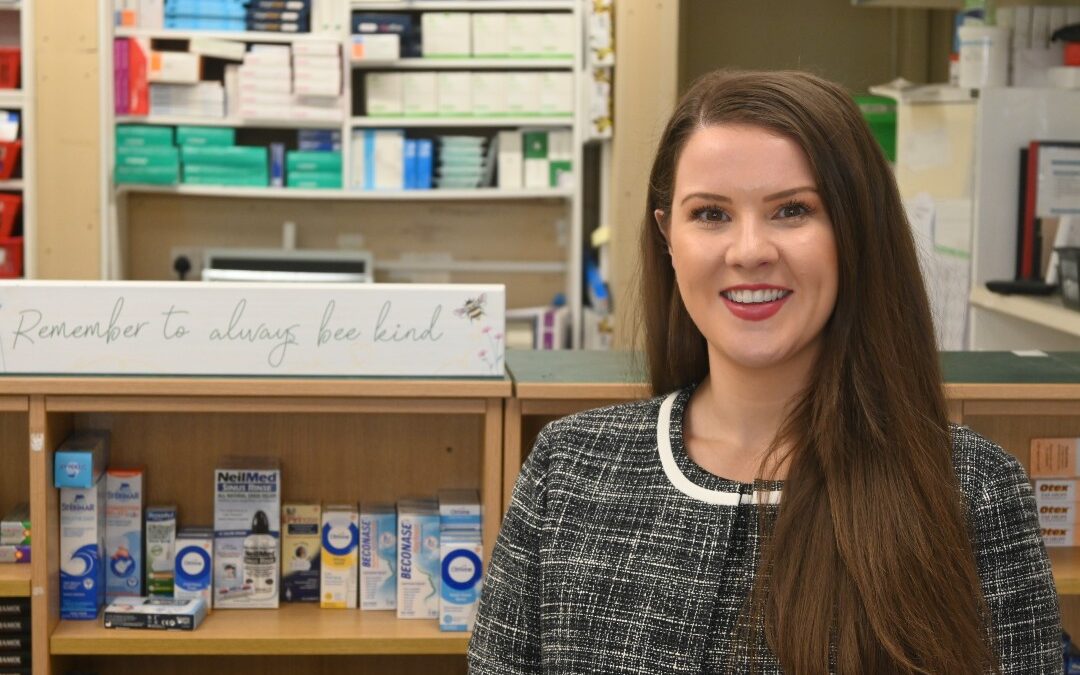People with minor ailments or injuries are being encourage to visit the pharmacy first.
Pharmacist Hayley McGuire, a community pharmacist in Airdrie, said: “If you have a minor illness, your local pharmacy is the first place you should go for advice. You don’t even need an appointment.
“The pharmacist can give you advice and provide medicine if needed. If necessary, we can also refer you to another healthcare professional if your condition needs checking out further or needs specialist care.”
NHS Pharmacy First Scotland is available from all community pharmacies. People can just turn up and ask to speak to a pharmacist without needing to make an appointment.
If it’s a sensitive matter, or people want some privacy, they can ask to speak to a pharmacist in private in the consultation area or room.
A wide range of conditions – from allergies, cystitis and ear ache, to piles, shingles, skin conditions (such as cellulitis) and urinary tract infections (UTIs) – can be treated by a pharmacist.
Pharmacists can provide certain medicines and products on the NHS, and some have an additional prescribing qualification which allows them to prescribe a wider range of medicines, normally only available from your GP practice, such as antibiotics for UTIs.
If the pharmacist thinks it is better for you to see your GP, they may refer you directly or advise you to make an appointment.
Speaking about the range of services on offer, Richard Shearer, NHS Lanarkshire Lead Pharmacist for Advanced Clinical Services, said: “NHS Pharmacy First Scotland, enables community pharmacies to give people expert help for treating conditions such as sore throats, earache and cold sores, along with common clinical conditions. In fact, there are nearly 30 minor illnesses and common clinical conditions that pharmacists in Lanarkshire now treat.
“This service will help people access the right care in the right place, without having to go to their GP practice or local Accident and Emergency Department for non-urgent treatment.”
How it works
When you visit the pharmacy, the pharmacist (or one of their team) will ask you for some information, including
- your name, date of birth and postcode.
- your symptoms
They will then:
- give you advice on your condition
- provide medication (if you need it)
- refer you to another healthcare professional if necessary
- set up a Patient Medication Record to make a note of any advice and treatment they give you. This is then shared, electronically, with your GP practice.
Richard added: “The Pharmacy First service helps patients to avoid long waiting times and relieves pressure on other colleagues in the NHS such GPs and accident and emergency departments.
“It’s also more convenient for many people as they can just pop into their local pharmacy and speak – in confidence if they want – to a pharmacist who can offer advice, treatment, medication and even onward referral, if necessary.
“Every new service we’re able to offer now, allows us to play a bigger part in protecting people’s health.”
For any urgent concerns, people should still telephone NHS 24 on 111. There is also lots of advice and information on NHS Inform at www.nhsinform.scot





